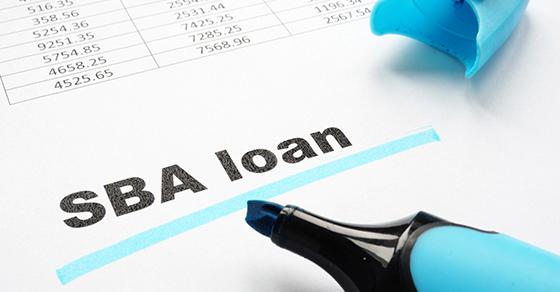SBA offering loans to small businesses hit hard by COVID-19

Every company has faced unprecedented challenges in adjusting to life following the widespread outbreak of the coronavirus (COVID-19). Small businesses face particular difficulties in that, by definition, their resources — human, capital and otherwise — are limited. If this describes your company, one place you can look to for some assistance is the Small Business Administration (SBA).
New loan, relaxed criteria
The agency has announced that it’s offering Economic Injury Disaster Loans under the Coronavirus Preparedness and Response Supplemental Appropriations Act, which was recently signed into law.
Here’s how it works: The governor of a state or territory must first submit a request for Economic Injury Disaster Loan assistance to the SBA. The agency’s Office of Disaster Assistance then works with the governor to approve the request. Upon completion of this process, affected small businesses within the state gain access to information on how to apply for loan assistance.
To speed the process, the SBA has relaxed its usual disaster-loan criteria. A state or territory now needs to certify that at least five small businesses have suffered substantial economic injury anywhere in the state. Previously, at least one of the companies had to be in each of the disaster-declared counties or parishes.
Along similar lines, once the submission process is completed, Economic Injury Disaster Loans will be available across the state. Under previous criteria, only businesses in counties identified as disaster areas could obtain financial assistance. Given the expected widespread and economically drastic effect of the coronavirus, most states will have likely garnered approval by the time you read this.
Amount, interest and terms
Economic Injury Disaster Loans offer up to $2 million in financial assistance to help small businesses mitigate their revenue losses. You could use the money to pay overhead costs such as utilities and rent, keep up with accounts payable and cover payroll.
For qualifying small businesses, the interest rate is 3.75%. Some nonprofits may also be eligible for this assistance. For them, the interest rate is 2.75%. The specific loan terms will vary according to each borrower’s ability to pay. The agency does say that it “offers loans with long-term repayments in order to keep payments affordable.”
Mitigate and manage
Bear in mind that these loans are just one form of assistance offered by the SBA. Your small business may qualify for other loans, and there might be training programs that benefit your company. Our firm can help you assess your financial situation in light of the coronavirus crisis and formulate a strategy for mitigating and managing your risks going forward.
© 2020



